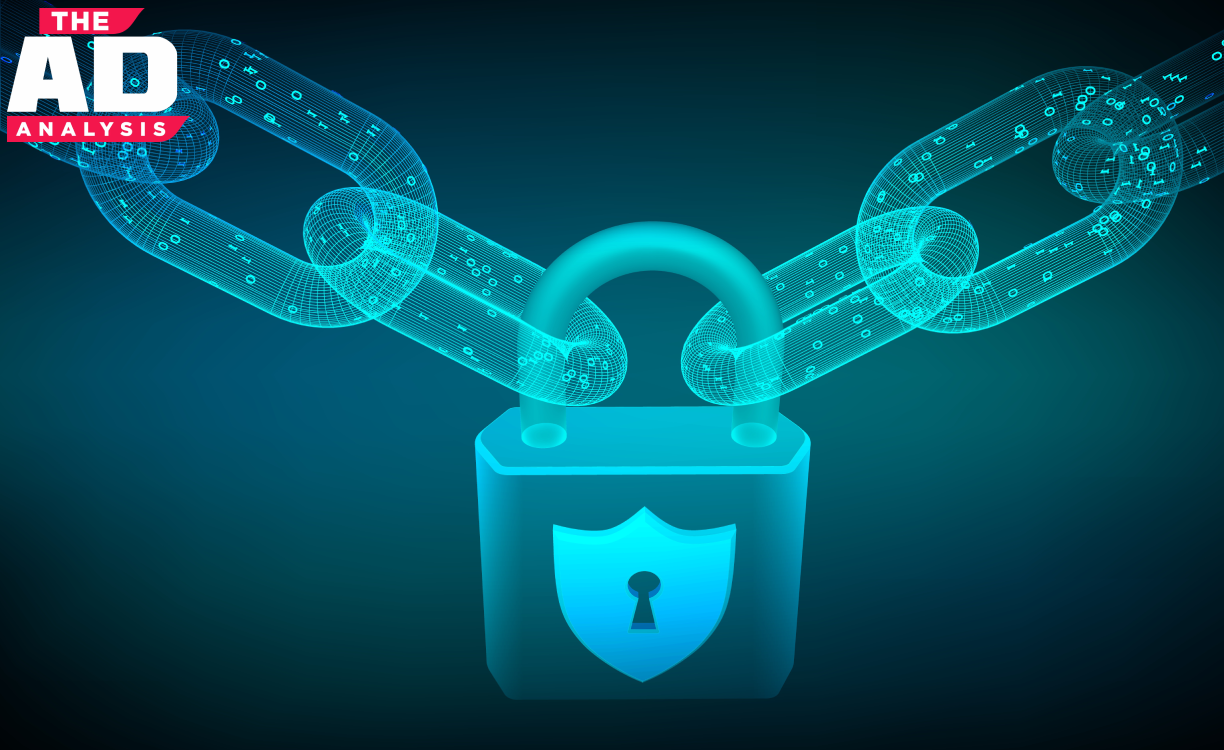In today’s digital world, data breaches, cyberattacks, and information theft are major threats to businesses of all sizes. Whether you’re handling customer data, financial records, intellectual property, or confidential business information, keeping it secure is crucial. Data encryption is one of the most effective ways to protect sensitive information from unauthorized access, ensuring that even if data is stolen, it remains unreadable and useless to hackers.
This guide explores what data encryption is, why it’s essential for businesses, different encryption methods, and best practices for implementing it.
🔹 What is Data Encryption?
Data encryption is the process of converting plain text into a coded format (ciphertext) using encryption algorithms. Only users with the correct decryption key can convert the ciphertext back into readable information. This ensures that even if hackers gain access to your data, they cannot read or use it.
Encryption can be applied to:
✔ Stored data (at rest) – Databases, hard drives, cloud storage.
✔ Transmitted data (in transit) – Emails, network communications, web traffic.
🔹 Why is Data Encryption Essential for Every Business?
1️⃣ Protects Sensitive Business & Customer Data 🔒
✔ Prevents unauthorized access to financial records, trade secrets, employee data, and customer details.
✔ Ensures confidentiality of sensitive information, reducing the risk of identity theft and fraud.
2️⃣ Compliance with Data Protection Regulations 📜
✔ Governments and regulatory bodies enforce strict data security laws.
✔ Encryption helps businesses comply with regulations such as:
- GDPR (General Data Protection Regulation) – Europe
- CCPA (California Consumer Privacy Act) – USA
- HIPAA (Health Insurance Portability and Accountability Act) – Healthcare
- PCI-DSS (Payment Card Industry Data Security Standard) – Financial transactions
✔ Failure to comply can result in heavy fines and legal penalties.
3️⃣ Prevents Financial & Reputational Damage 💰
✔ A data breach can cost millions in legal fees, fines, and lost business.
✔ Customers lose trust in companies that fail to protect their personal information.
✔ Encrypted data remains useless to hackers, minimizing damage from breaches.
4️⃣ Protects Against Cyberattacks & Ransomware 🚨
✔ Hackers target unencrypted data through phishing, malware, and ransomware attacks.
✔ Encryption ensures that even if attackers steal data, they cannot use it.
✔ Zero Trust Security combined with encryption prevents unauthorized access.
5️⃣ Secures Remote Work & Cloud Storage ☁️
✔ Remote work increases security risks as employees access company data from different locations.
✔ Encrypting cloud-stored data ensures that even if a cloud service provider is hacked, the data remains secure.
6️⃣ Ensures Safe Communication & Transactions 🔑
✔ Businesses exchange sensitive information daily via emails, online transactions, and video calls.
✔ End-to-end encryption (E2EE) secures communications against eavesdropping & data interception.
✔ Encrypted financial transactions prevent fraud, man-in-the-middle (MITM) attacks, and payment breaches.
🔹 Types of Data Encryption & How They Work
1️⃣ Symmetric Encryption (Private Key Encryption) 🔐
✔ Uses one secret key for both encryption & decryption.
✔ Fast and efficient but requires secure key management.
✔ Common algorithms: AES (Advanced Encryption Standard), DES (Data Encryption Standard), and Blowfish.
✔ Best for: Encrypting large amounts of data at rest (e.g., databases, cloud storage).
2️⃣ Asymmetric Encryption (Public Key Encryption) 🔑
✔ Uses two keys: a public key (to encrypt data) and a private key (to decrypt data).
✔ More secure but slower than symmetric encryption.
✔ Common algorithms: RSA (Rivest-Shamir-Adleman), ECC (Elliptic Curve Cryptography).
✔ Best for: Secure communication, email encryption, SSL/TLS encryption for websites.
3️⃣ End-to-End Encryption (E2EE) 🔏
✔ Ensures data is encrypted before transmission and decrypted only by the recipient.
✔ Prevents third-party access, including ISPs, cloud providers, and hackers.
✔ Used in WhatsApp, Signal, Zoom, and encrypted email services.
4️⃣ Hashing (One-Way Encryption) 🔄
✔ Converts data into a unique fixed-length hash value.
✔ Cannot be reversed (decrypted).
✔ Used to secure passwords and digital signatures.
✔ Common hashing algorithms: SHA-256, SHA-512, MD5 (less secure).
🔹 Best Practices for Implementing Data Encryption
1️⃣ Encrypt Data at Rest & In Transit 🔒
✔ Secure stored data using AES-256 encryption.
✔ Protect data in transit with SSL/TLS encryption, VPNs, and HTTPS connections.
2️⃣ Use Strong Encryption Algorithms 🛡
✔ Avoid outdated encryption like DES & MD5.
✔ Use AES-256, RSA-2048, and SHA-256 for strong protection.
3️⃣ Implement Secure Key Management 🔑
✔ Store encryption keys in a secure, separate location.
✔ Use Hardware Security Modules (HSMs) & Key Management Systems (KMS).
4️⃣ Enable Multi-Factor Authentication (MFA) ✅
✔ Prevents unauthorized access even if credentials are compromised.
✔ Use biometric authentication, one-time passwords (OTP), and security tokens.
5️⃣ Regularly Update Encryption Protocols 🔄
✔ Cyber threats evolve, so regularly update encryption methods.
✔ Implement post-quantum encryption to prepare for future cyber risks.
6️⃣ Encrypt Backup Data 💾
✔ Backup data should be encrypted to prevent unauthorized access.
✔ Store multiple encrypted backups in secure locations.
7️⃣ Train Employees on Data Security 🎓
✔ Employees are the weakest link in cybersecurity.
✔ Conduct regular training on phishing, social engineering, and encryption practices.
🔹 The Future of Data Encryption: What’s Next?
🔮 Post-Quantum Cryptography – New encryption methods to resist quantum computer attacks.
🔮 Homomorphic Encryption – Enables data processing without decryption for better privacy.
🔮 Blockchain-Based Encryption – Provides tamper-proof, decentralized data security.
🔮 AI-Driven Encryption – Automates encryption key management and anomaly detection.
💡 With cyber threats constantly evolving, businesses must stay ahead by adopting the latest encryption technologies!
🔹 Conclusion: Encryption is a Necessity, Not an Option
✔ Data encryption is critical for businesses to protect sensitive information, maintain compliance, and prevent cyberattacks.
✔ Without encryption, data breaches can lead to financial losses, reputational damage, and legal consequences.
✔ Strong encryption, secure key management, and regular updates are essential for robust cybersecurity.



